Empedocles: Pluralism, cosmic cycles, and the forces of love and strife
Empedocles of Acragas (circa 495–435 BCE) occupies a unique position in the history of ancient Greek philosophy, blending scientific inquiry, metaphysical speculation, and religious mysticism. A poet, physician, and philosopher, Empedocles is most notable for his pluralistic cosmology, which posits that all things arise from the interplay of four eternal elements — earth, air, fire, and water — combined and separated by the opposing forces of Love (philia) and Strife (neikos). This framework represents a significant response to the monism of earlier thinkers such as Parmenides and Heraclitus, while also addressing the challenges of reconciling change and permanence in the cosmos.
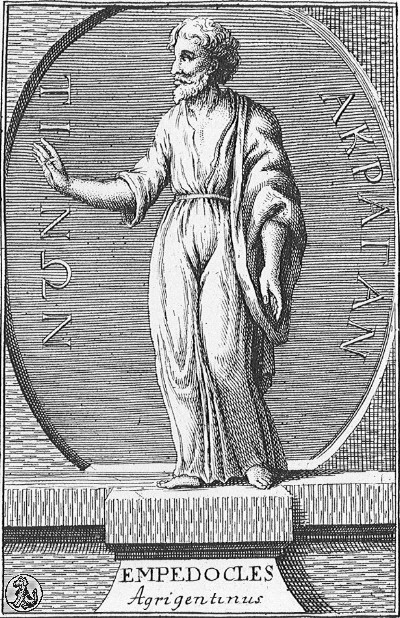
Empedocles of Acragas, a Greek city in Sicily call called Agrigentum. Source: Wikimedia Commonsꜛ (license: public domain)
Empedocles’ work, preserved in fragments of his poetic compositions On Nature and Purifications, reflects a synthesis of natural philosophy and religious thought. His ideas profoundly influenced later philosophical traditions, including the atomists, Platonists, and early scientific thinkers.
The four elements: A pluralistic cosmology
Empedocles is best known for introducing the theory of four root elements — earth, air, fire, and water — as the fundamental constituents of all matter. Unlike earlier philosophers who sought a single arche (primary principle), Empedocles argued that these elements are eternal and indestructible, combining and separating under the influence of Love and Strife to produce the diversity of phenomena in the natural world.
This pluralistic framework resolves the apparent conflict between Parmenides’ denial of change and the observable transformations in the world. Empedocles asserts that while the elements themselves are unchanging, their mixtures and arrangements are subject to constant flux. This distinction between the permanence of the elements and the variability of their combinations represents a key contribution to metaphysical thought, allowing for both stability and dynamism in the cosmos.
Empedocles’ four-element theory would become a cornerstone of ancient and medieval natural philosophy, influencing thinkers such as Aristotle, who integrated it into his own account of matter and change.
Love and strife: The cosmic forces
Central to Empedocles’ cosmology is the dynamic interplay of Love and Strife, which he describes as opposing forces that govern the combination and separation of the elements. Love represents the principle of unity and attraction, drawing the elements together to form harmonious mixtures, while Strife embodies division and conflict, driving the elements apart.
Empedocles envisions the cosmos as undergoing cyclical transformations driven by the alternation of Love and Strife. At times, Love predominates, creating a unified and harmonious world, while at other times, Strife gains dominance, leading to fragmentation and chaos. This cyclical model reflects a profound understanding of natural processes as oscillating between states of order and disorder, harmony and tension.
The metaphorical nature of Love and Strife also imbues Empedocles’ philosophy with ethical and existential dimensions. These forces are not merely physical principles but also symbolic of the dualities inherent in human experience, such as unity and alienation, creation and destruction.
The cosmic cycle and the evolution of the world
Empedocles’ cosmology describes a continuous cycle of cosmic transformation, with periods of unity under Love and fragmentation under Strife. He offers a detailed account of how the elements combine to form the physical world, including celestial bodies, terrestrial features, and living organisms.
During the phase dominated by Love, the elements mix in perfect harmony, creating a unified sphere. As Strife begins to assert its influence, the sphere disintegrates, and the elements separate, giving rise to the diverse forms of the natural world. This cyclical process ensures that the cosmos remains dynamic and self-sustaining.
Empedocles’ account of the world’s evolution includes an early theory of biological development. He describes the emergence of living organisms through a process of trial and error, with random combinations of body parts eventually forming functional and viable creatures. This proto-evolutionary view, while mythological in tone, anticipates later theories of natural selection and adaptation.
Perception and knowledge
Empedocles’ philosophy extends to the nature of perception and knowledge, which he grounds in the principle of like perceives like. According to Empedocles, each of the elements within the human body corresponds to the elements in the external world, enabling perception through their interaction. For instance, we perceive fire through the fire within us and water through the water within us.
This theory emphasizes the interconnectedness of the human being and the cosmos, reflecting Empedocles’ holistic vision of reality. It also underscores the limitations of sensory perception, as our knowledge of the world is mediated by the elements within us and influenced by the dominance of Love and Strife.
Empedocles’ account of knowledge combines empirical observation with mystical insight, blending the rational and the intuitive. His poetic language and symbolic imagery suggest a deep awareness of the complexity and mystery of existence.
Ethical and religious dimensions
Empedocles’ philosophy is deeply infused with ethical and religious concerns, reflecting his belief in the unity of all life and the moral responsibility of human beings. In his poem Purifications, he describes a vision of the cosmos as a living, sacred entity and warns against actions that disrupt its harmony, such as the slaughter of animals or the neglect of ethical principles.
Empedocles also espouses the doctrine of reincarnation, asserting that the soul undergoes a cycle of births and deaths as it seeks purification and eventual reunion with the divine. He portrays human beings as exiles from a state of divine unity, driven by the forces of Strife into a fragmented and imperfect existence. Through ethical living and philosophical inquiry, individuals can align themselves with Love and restore their connection to the cosmic order.
These teachings reflect the influence of Orphic and Pythagorean traditions, which emphasized the soul’s immortality and the transformative power of ethical and spiritual practice. Empedocles’ integration of these themes into his cosmology illustrates his commitment to a holistic vision of philosophy that encompasses both the natural and the divine.
Influence and legacy
Empedocles’ ideas had a profound and lasting impact on the development of Greek philosophy and science. His pluralistic cosmology and cyclical view of the cosmos influenced later thinkers such as Anaxagoras and the atomists, who sought to reconcile Parmenides’ metaphysics with the evidence of change and plurality. Aristotle drew extensively on Empedocles’ four-element theory in his account of natural processes, while Plato’s dialogue Timaeus reflects Empedoclean themes of harmony and order.
Empedocles’ work also resonated with the mystical and religious traditions of antiquity, inspiring later Neoplatonists and early Christian thinkers who explored the relationship between the material and the spiritual. His emphasis on the unity of life and the interconnectedness of all things continues to influence contemporary ecological and holistic worldviews.
Conclusion
Empedocles of Acragas stands as a pivotal figure in the history of philosophy, bridging the materialism of the early pre-Socratics and the metaphysical concerns of later thinkers. His pluralistic cosmology, grounded in the interplay of four elements and the forces of Love and Strife, offers a dynamic and holistic vision of reality. By addressing the nature of change, the origins of life, and the ethical dimensions of existence, Empedocles provides a rich and multifaceted framework for understanding the cosmos and our place within it. His legacy endures as a testament to the power of philosophy to integrate scientific inquiry, metaphysical speculation, and spiritual insight.
References and further reading
- Hellmut Flashar, Klaus Döring, Michael Erler, Die Philosophie der Antike. Bd. 1. Frühgriechische Philosophie, 2013, Schwabe, Aus der Reihe: Grundriss der Geschichte der Philosophie, ISBN: 9783796525988
- Burnet, J., Early Greek Philosophy, 2005, Adamant Media Corporation, ISBN: 978-1402197536
- Kirk, G. S., Raven, J. E., & Schofield, M., The Presocratic Philosophers: A Critical History with a Selection of Texts, 1983, Cambridge University Press, ISBN: 978-0521274555
- Barnes, J., The Presocratic Philosophers, 1982, Routledge, ISBN: 978-0415050791
- Guthrie, W. K. C., A History of Greek Philosophy, Volume 1: The Earlier Presocratics and the Pythagoreans, 2010, Cambridge University Press, ISBN: 978-0521294201
- Graham, D. W., Explaining the Cosmos: The Ionian Tradition of Scientific Philosophy, 2006, Princeton University Press, ISBN: 978-0691125404
- Kingsley, P., Ancient Philosophy, Mystery, and Magic: Empedocles and Pythagorean Tradition, 1997, Oxford University Press, ISBN: 978-0198150817
- Long, A. A., The Cambridge Companion to Early Greek Philosophy, 1999, Cambridge University Press, ISBN: 978-0521446679
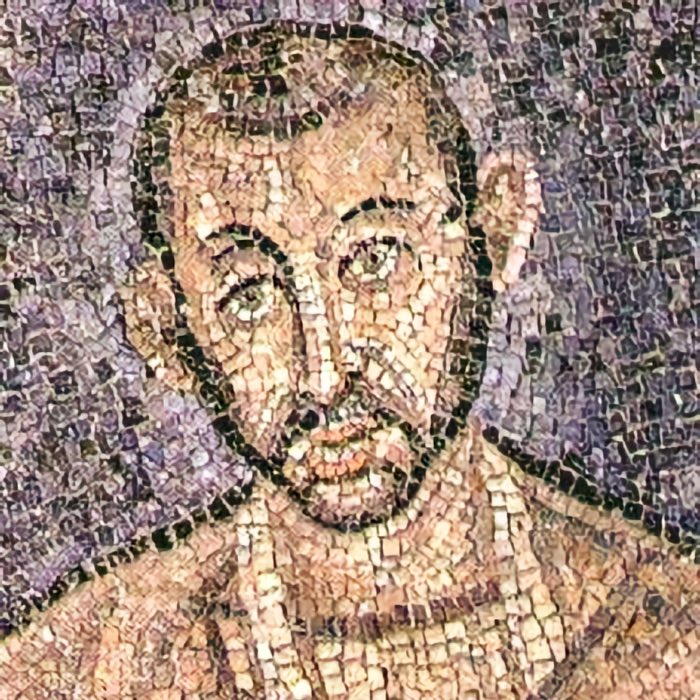

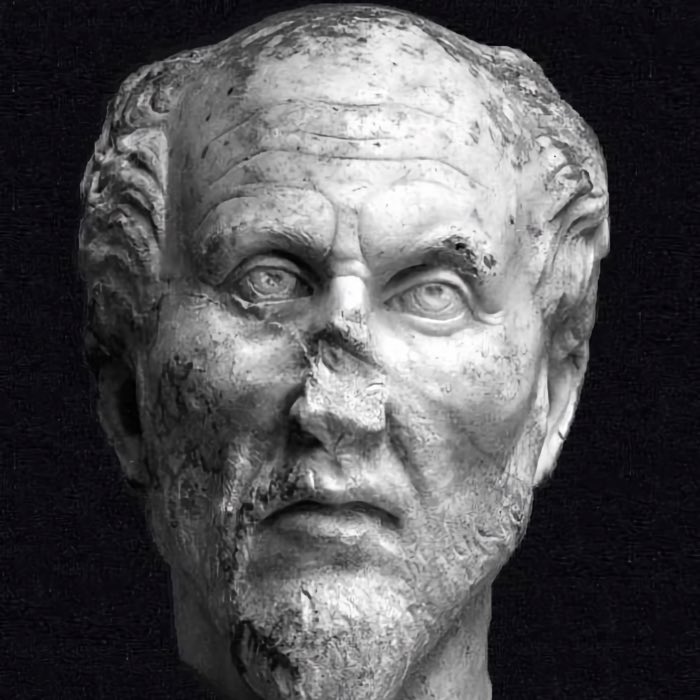
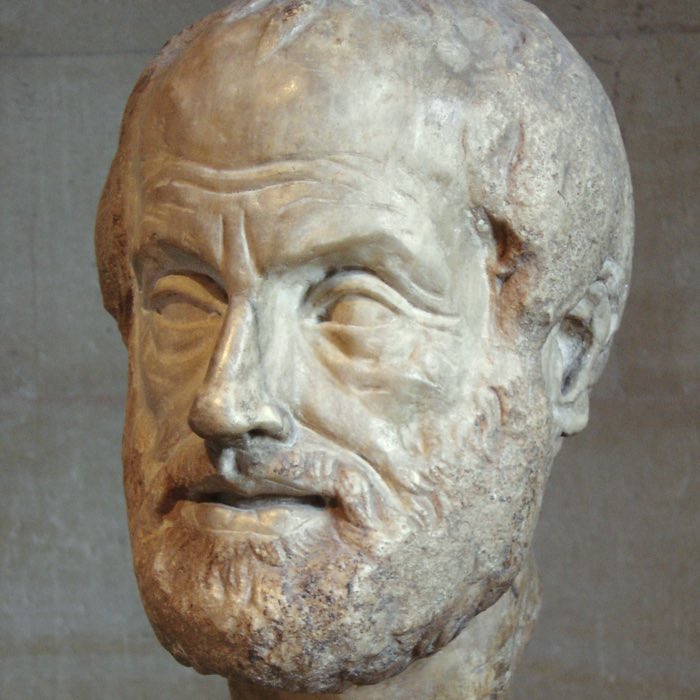
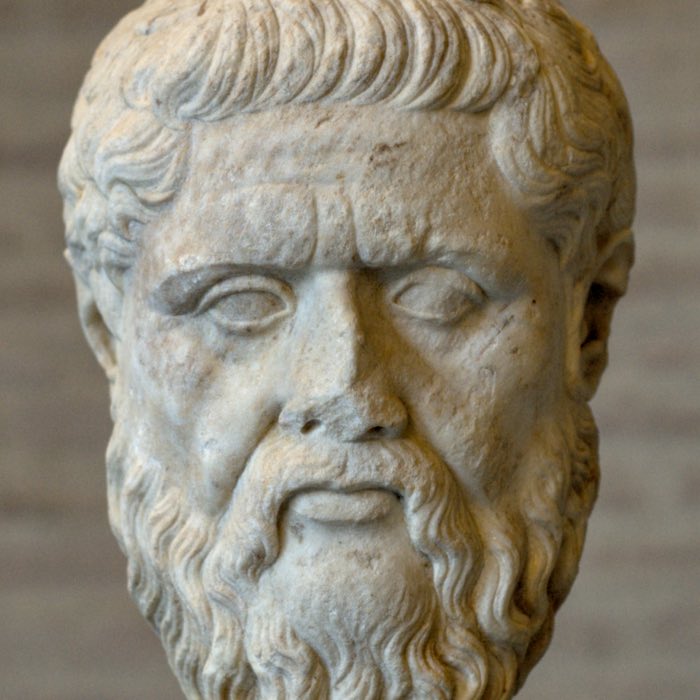
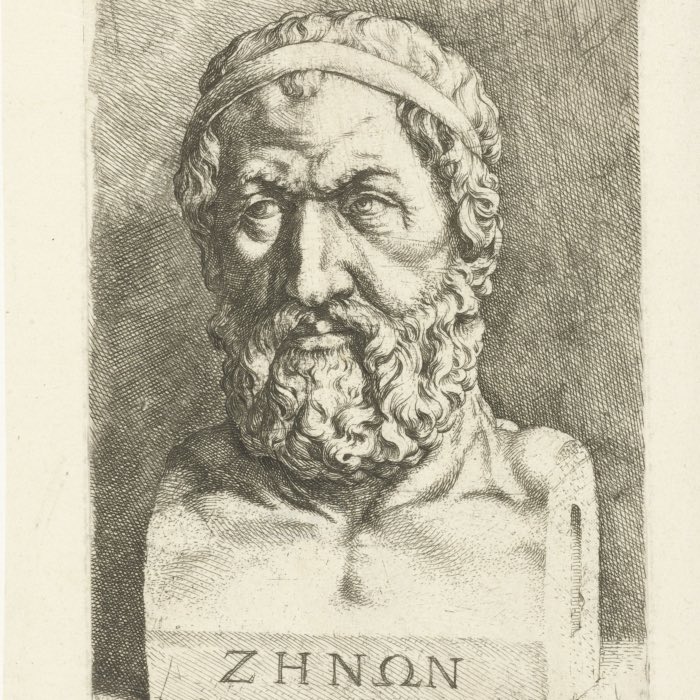
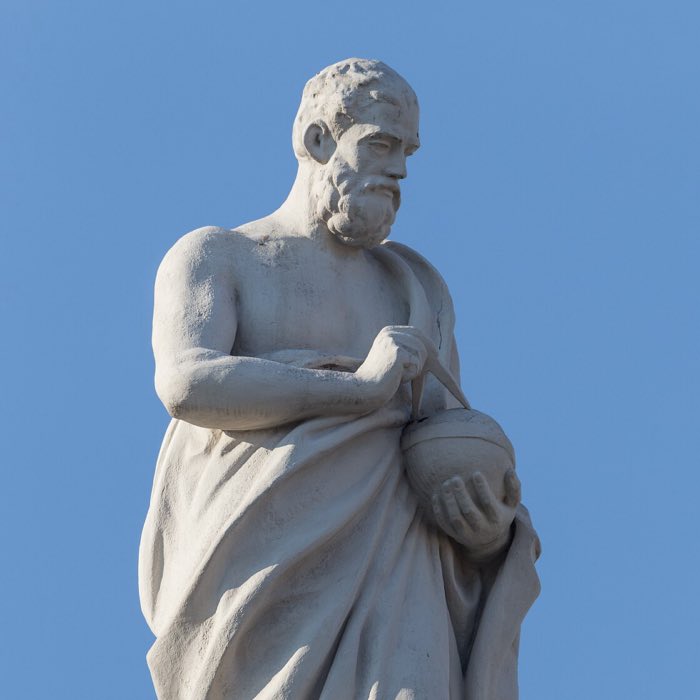
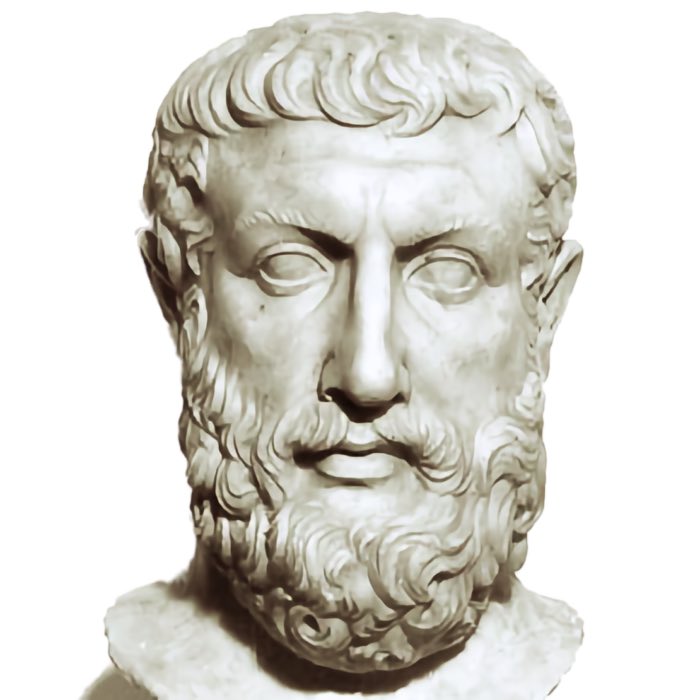
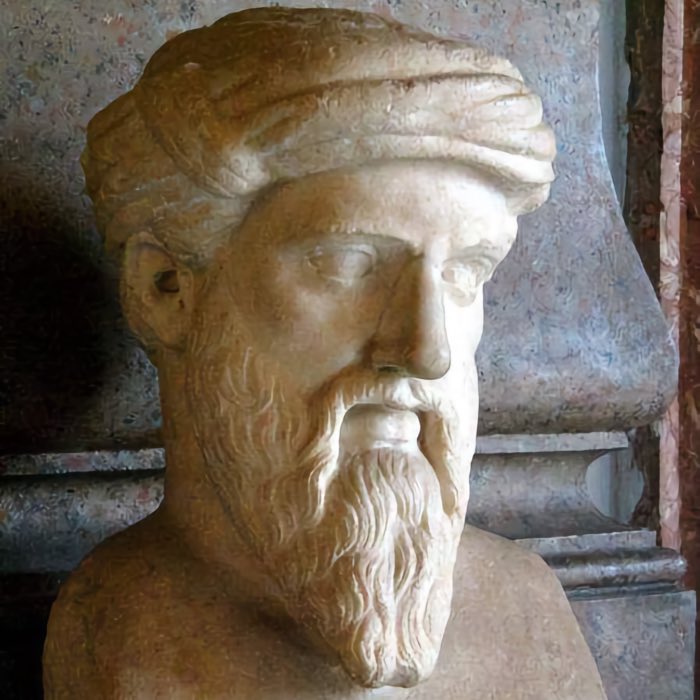
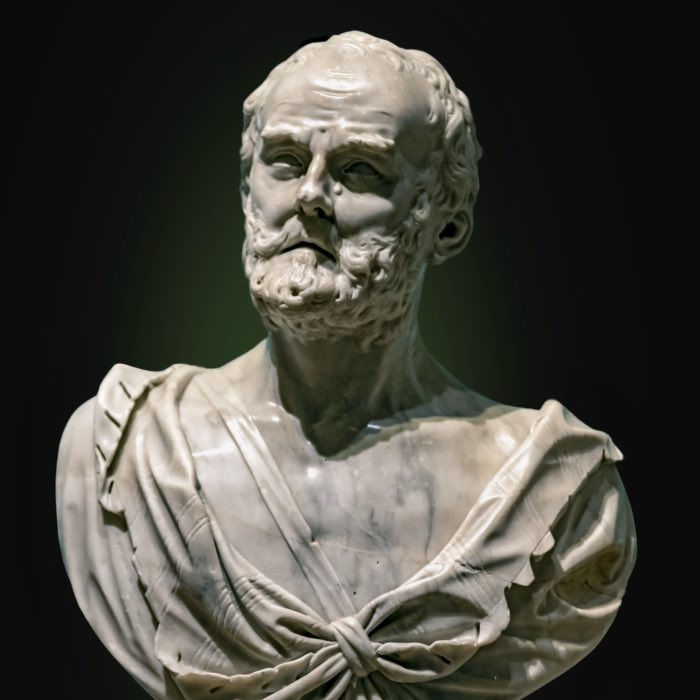
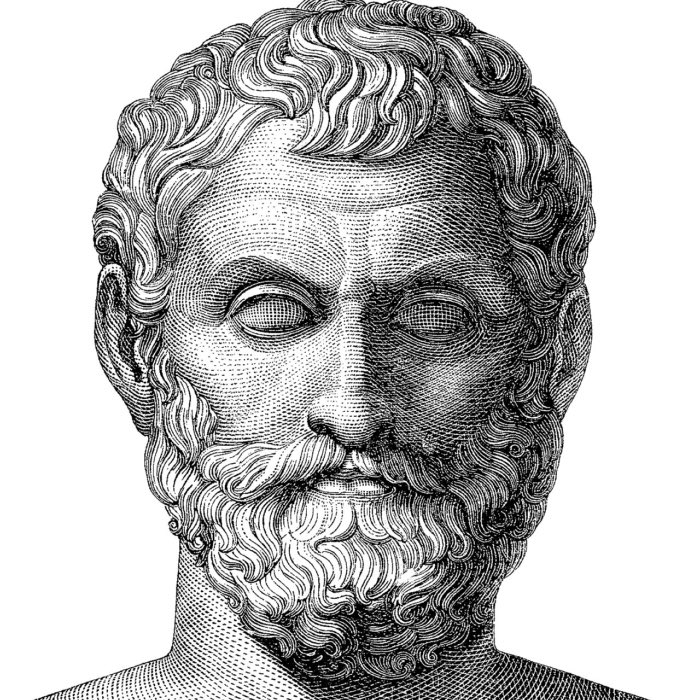
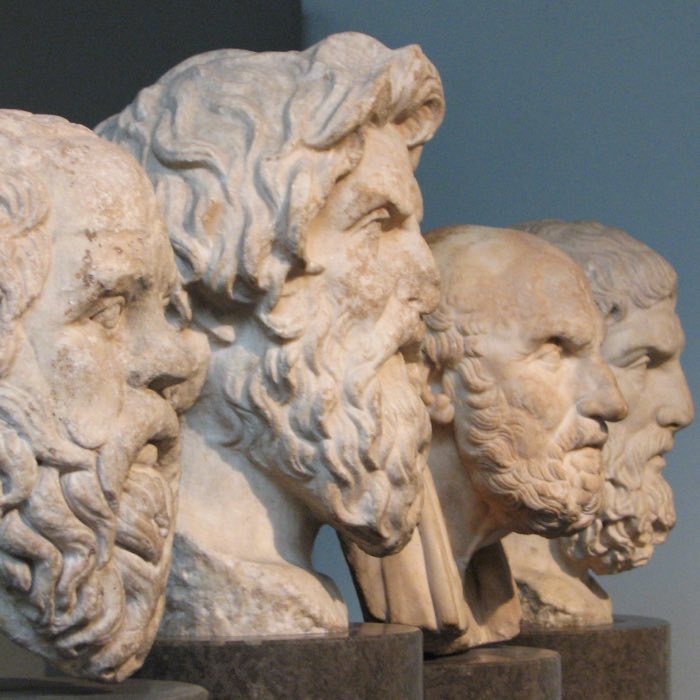
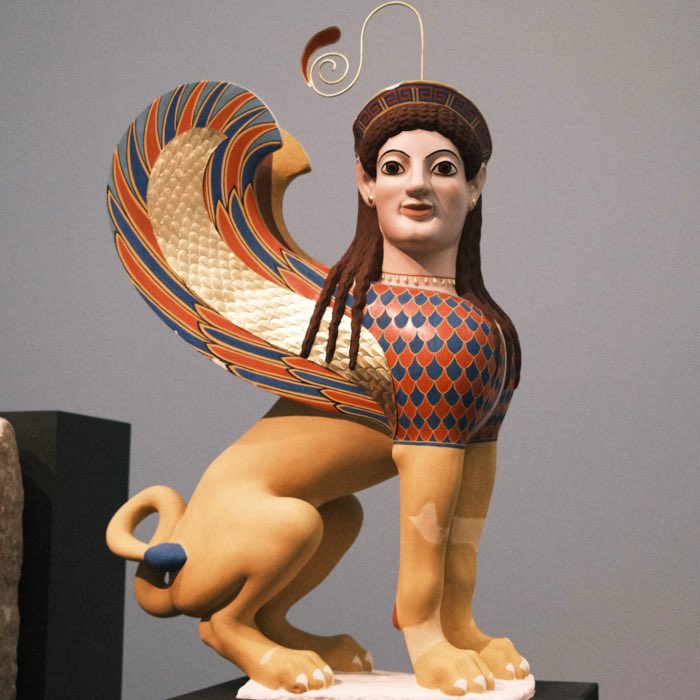
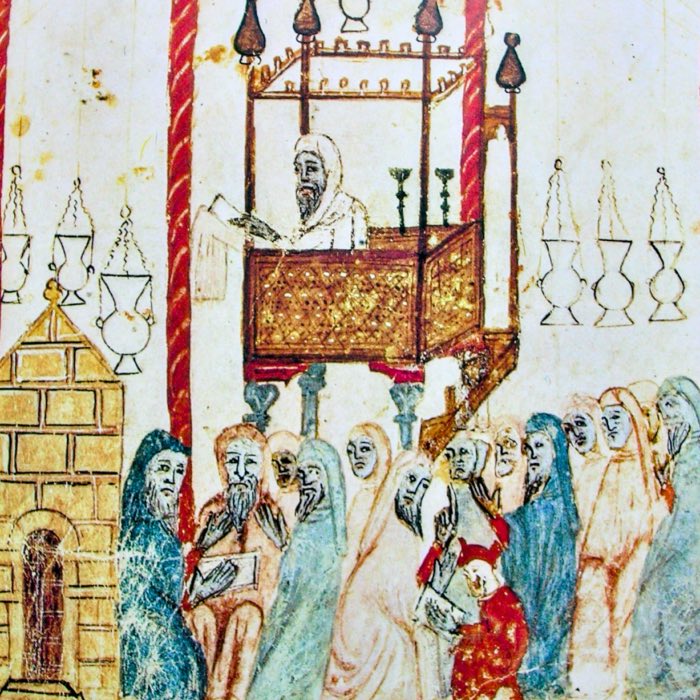
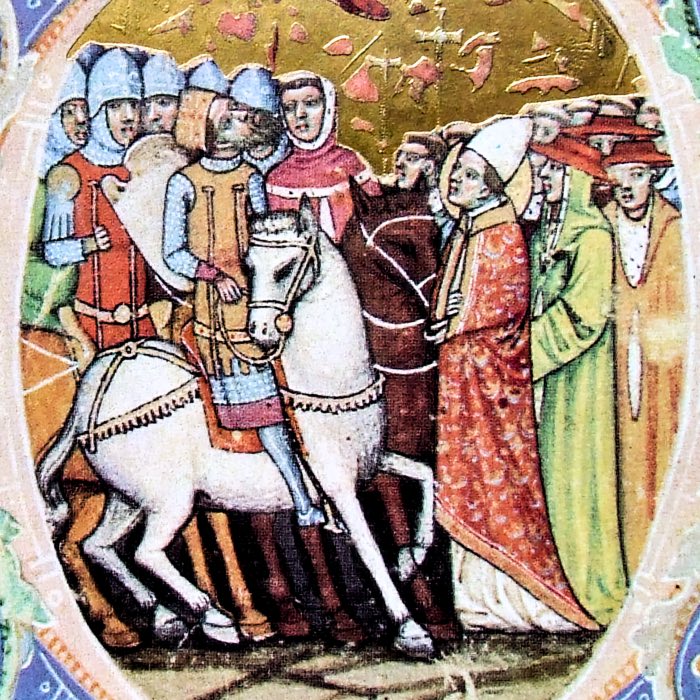
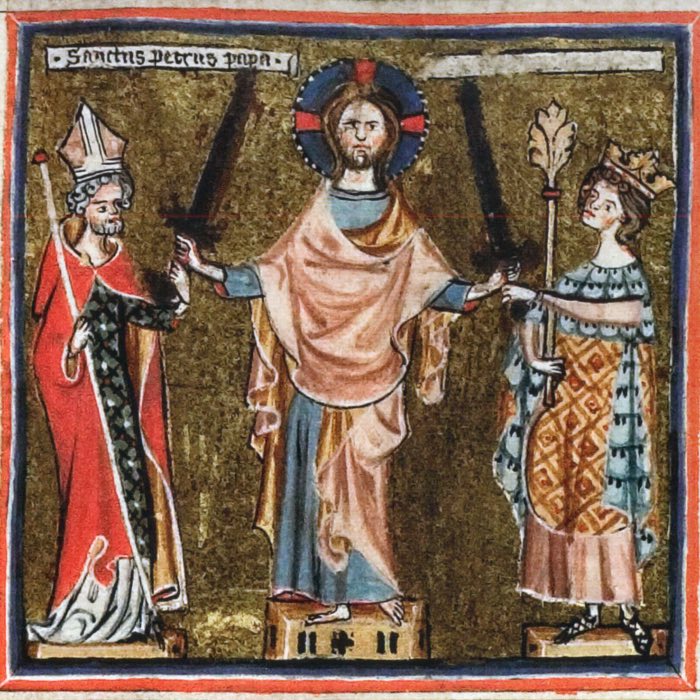
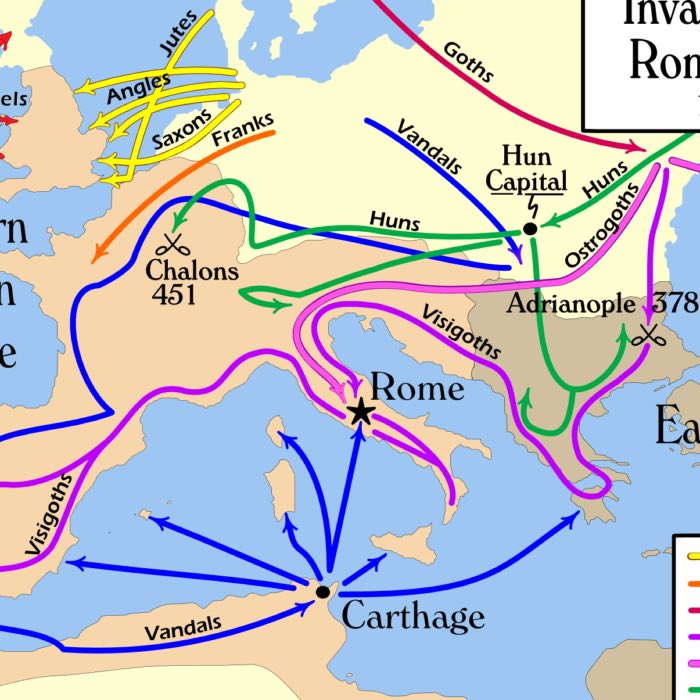
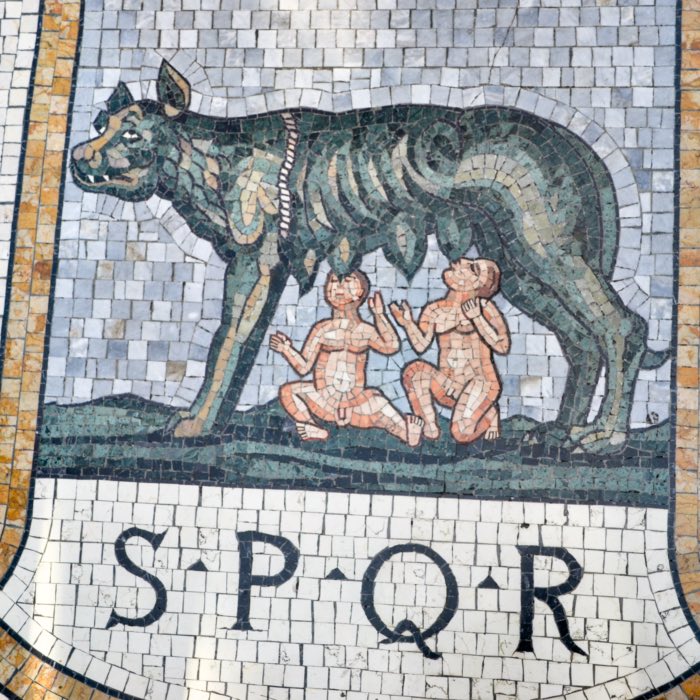

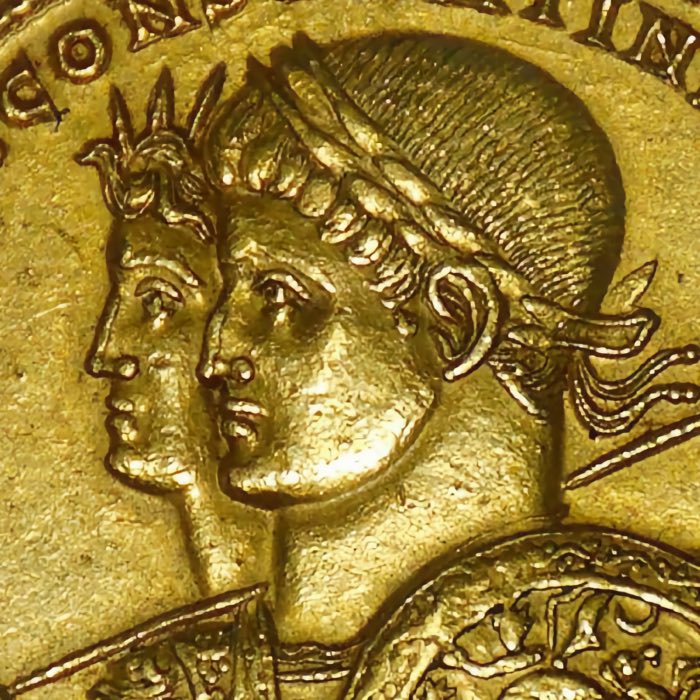
comments